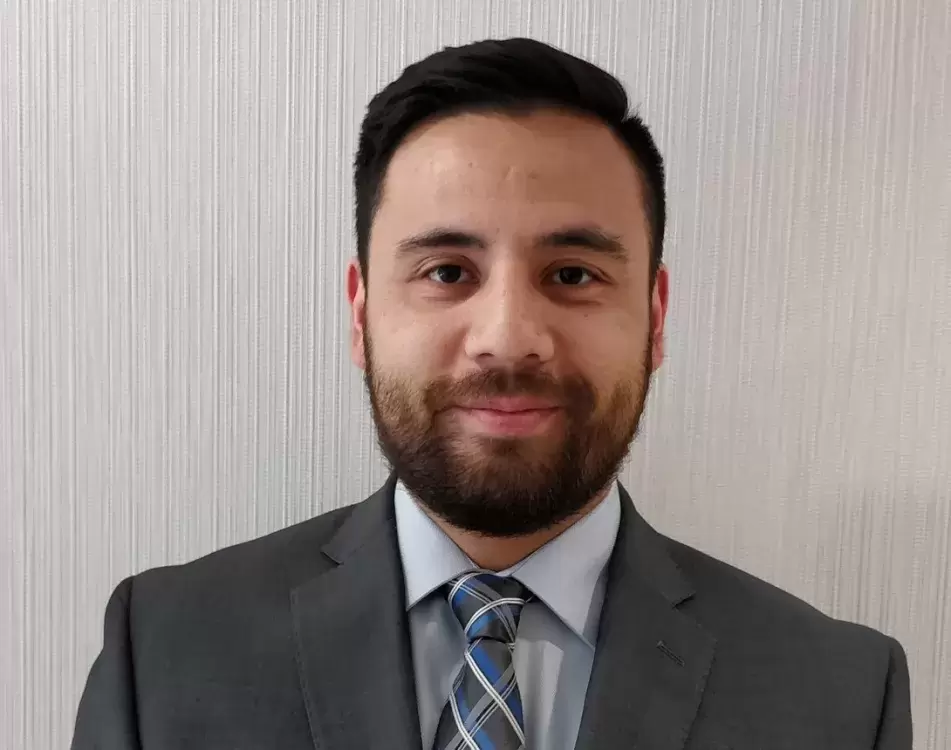Dr. James Williams joins the ER team at the West Coast General Hospital this month, continuing a healing tradition first introduced to him by his grandmother while growing up in the Yukon.
The 28-year-old member of the Kwanlin Dün First Nation began his post at the Port Alberni hospital in early August, specialising as an anaesthesiologist. Anaesthesia enables the painless performance of critical medical procedures by suppressing the central nervous system - either through sedation, local aesthesia to a specific part of the body or by making the patient totally unconscious.
Cases can vary widely, from a hip fracture to emergency surgery during labour, and can be unpredictable for those who work behind the emergency department doors, said Williams.
“It’s completely random,” he said.
This new post follows two-years at rural practices in Alberta, where the young doctor regularly moved among small communities.
“Doing rural medicine in a small community there’s not a whole lot of support sometimes – especially in emergency if you’re the only guy on,” commented Williams, who witnessed the importance of anaesthesia in many of these rural locations. “Some very sick people can come in, [and] the ones that are quite critical, the ones that need immediate intervention otherwise they pass away, require anaesthetic skills.”
Williams also worked for six months in Whitehorse, where he grew up as a member of the Yukon’s largest First Nation.
“It was a good transition for some of the community members to see me as not a trouble maker anymore, a help to the community,” he chuckled.
As a child he was fascinated with the natural sciences and inner workings of the human body, but also received an introduction to Indigenous medicine from his grandmother.
“She was one of the traditional healers, one of the respected elders in that area,” said Williams, who later found that some of these traditional remedies were part of modern medicine. “She used to always share different teachings and show us different herbal remedies for medicinal properties. In my future studies I’ve noticed the specific extracts for specific medications.”
With thousands of First Nations people living in the Alberni Valley, Williams brings his medical expertise to an urban hub for Nuu-chah-nulth-aht. Yet, as a doctor with First Nations heritage, he’s also progressing through a profession with relatively few Indigenous physicians. According to the 2016 Statistics Canada Census, less than one per cent of the 93,985 general practitioners and specialists identified as Aboriginal. Indigenous people make up almost five per cent of Canada’s population.
A provincial investigation is currently trying to determine how to better serve British Columbia’s Indigenous patients, after a discriminatory game was reported from at least one hospital where staff guessed the blood-alcohol level of patients who arrived.
Former judge and ex-provincial child advocate Mary Ellen Turpel-Lafond leads the investigation.
“Our task is to address the specific incidents that have bee reported, as well as to gauge the levels of systemic and individual racism that Indigenous peoples face when using the health care system in general,” stated Turpel-Lafond in July.
Williams noted that sometimes healthcare providers are “not super well-educated to the First Nations communities and the cultural aspect of things.”
“Locally I will be helpful in providing that perspective,” he added.







